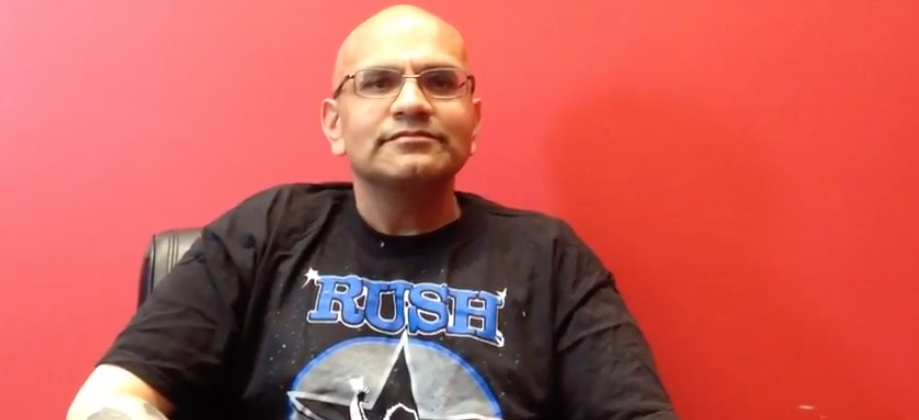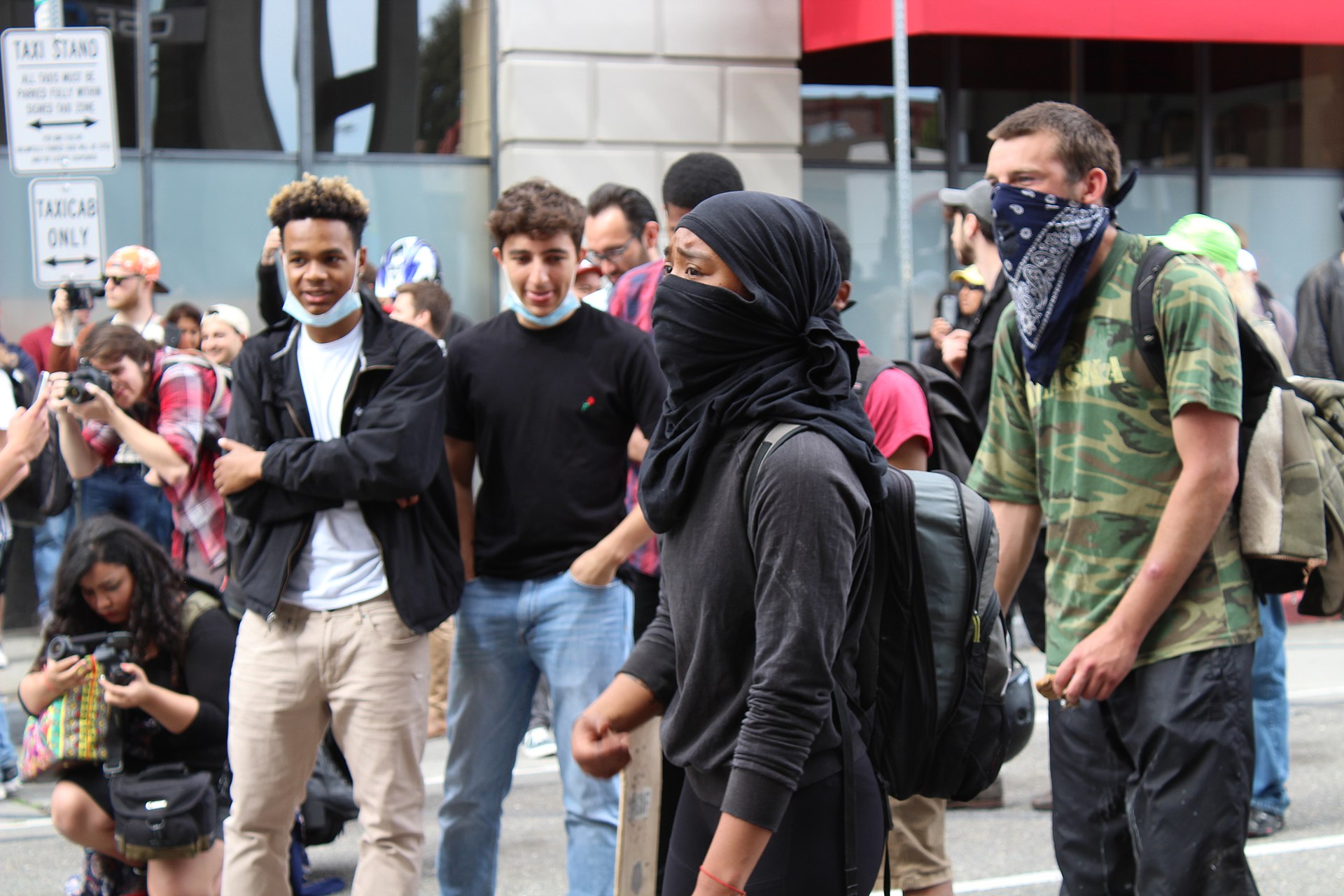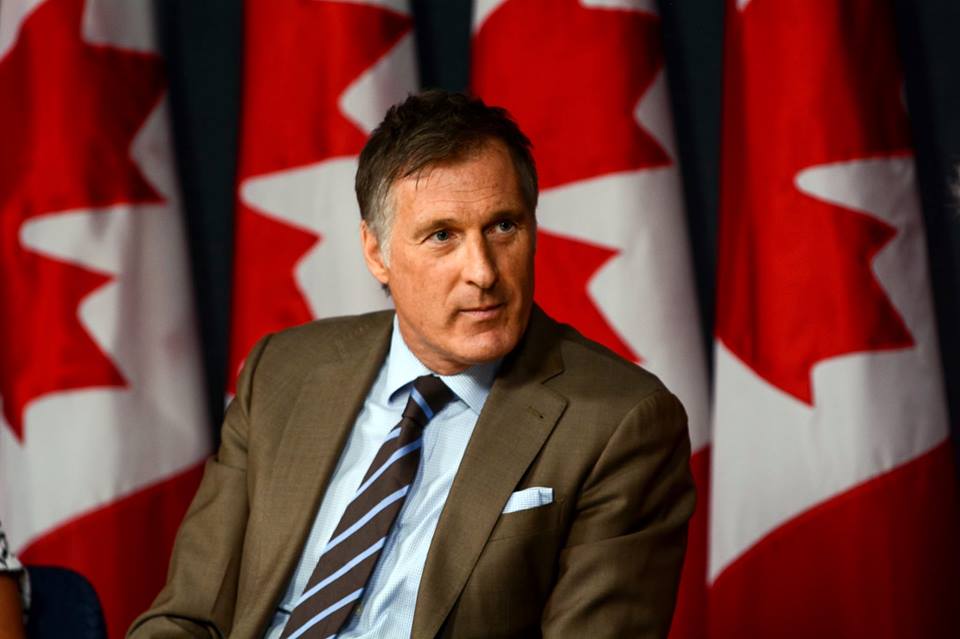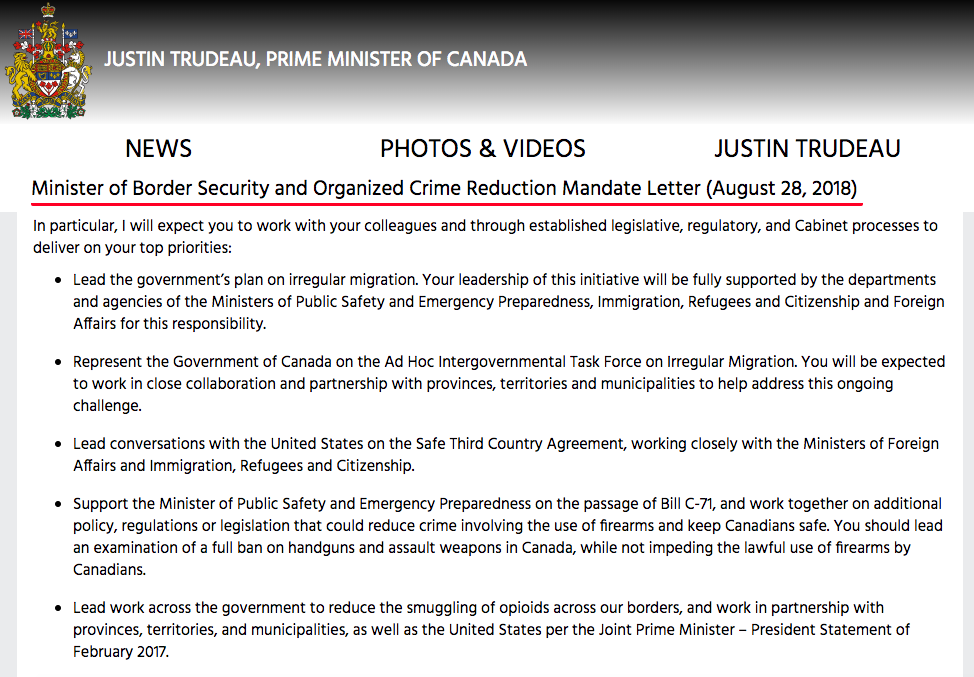Update: I’ve launched a petition to Acadia University demanding it release the reports it’s using to justify Rick Mehta’s firing. Please sign and share it here.
Acadia University psychology professor Rick Mehta has been fired six months after the school launched an investigation over allegedly “racist and transphobic” comments. The school said it was legally obligated to investigate in order to provide an environment free from harassment and discrimination.
A brief statement from Acadia University confirmed Mehta’s dismissal this week.
“We can confirm that Dr. Rick Mehta, a professor in Acadia University’s Department of Psychology, has been dismissed by the University. As this is a personnel matter, the University will provide no additional comments or respond to requests for further details,” an unnamed school spokesperson said in a Facebook message.
According to Mehta, the firing came from Acadia president Peter Ricketts, citing issues that “were wide ranging and include failure to fulfill academic responsibilities, unprofessional conduct, breach of privacy, and harassment and intimidation of students and other members of the University community.”
Mehta says his letter from Ricketts speaks only in generalities and does not lay out specific examples of misconduct. The termination was based on two reports commissioned by the school—one by law professor Wayne MacKay, and the other by Dean of Science Jeff Hooper.
Mehta says he’s unable to have copies of these unless he agrees “to be broadly gagged,” a claim Acadia would not comment on.
Mehta insists people would see his termination to be unjustified were they to read the reports, which he wants made public.
In the meantime, Mehta’s union has filed for arbitration to fight the firing.
It’s difficult to speak to the university’s investigation process when so much of it was done in backrooms. However, Mehta was subjected to an orchestrated social media campaign encouraging students to speak out against him, regardless of their experiences.
As of this point, his termination appears to be more about his political views than his teaching.
I’ve met Mehta on a couple of occasions through the Society for Academic Freedom and Scholarship, in which we are both members. As a vocal proponent of academic freedom and free speech, Mehta has challenged conventional left-wing orthodoxy, a rarity from an academic in the social sciences field.
There’s been no formal finding of any harassment or discrimination by Mehta. And the only questioning of his credentials and teaching has come from those who merely disagreed with his positions on several issues.
“The students have not expressed in writing the precise details of the racist and transphobic comments, but it is clear from their interactions with me that they are extremely disturbed by your comments, some to the point of not going to class,” said Mehta’s department head, Rob Raeside, in a letter that Mehta himself shared publicly back in February.
Mehta’s firing is the culmination of an ideological witch hunt rather than any genuine wrongdoing. Especially taking into account how the initial investigation materialized mere weeks after Mehta started challenging Acadia’s “decolonization initiatives.” It came days after he critiqued the role of feminism in one of his first year courses.
As I wrote about earlier, academic freedom now has protection under the law in Ontario. In Nova Scotia, Mehta and his colleagues are not so fortunate.




